Search
Search Results
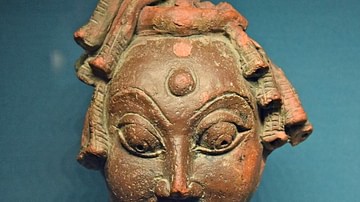
Article
Initiation of religions in India
The religious practices of the early Indo-Aryans, known as the Vedic religion (1500 BCE to 500 BCE) were written down and later redacted into the Samhitas, four canonical collections of hymns or mantras, called the Veda, in archaic Sanskrit...
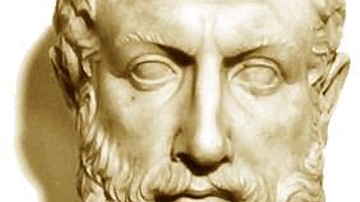
Article
Parmenides & the Path of Truth
Parmenides (l. c. 485 BCE) lived and taught in Elea, a Greek colony in southern Italy and is known as the founder of the Monist School (though it may have been founded by Xenophanes of Colophon, l. c. 570-478 BCE) which claimed all of reality...
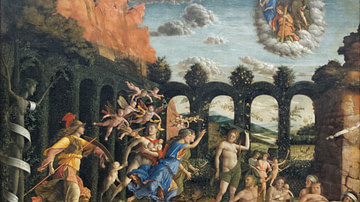
Definition
Renaissance Humanism
Renaissance Humanism was an intellectual movement typified by a revived interest in the classical world and studies which focussed not on religion but on what it is to be human. Its origins went back to 14th-century Italy and such authors...
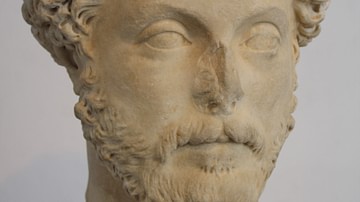
Definition
Marcus Aurelius
Marcus Aurelius (r. 161 to 180 CE) was a Roman emperor best known as the last of the Five Good Emperors of Rome (following Nerva, Trajan, Hadrian, and Antoninus Pius) and as the author of the philosophical work Meditations. Although it has...
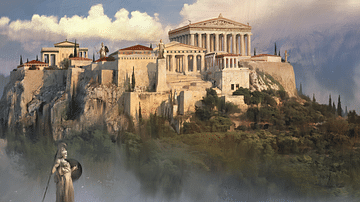
Definition
Proclus
Proclus of Athens (c. 412-485 CE) was a prolific Platonic philosopher whose main aim was the seemingly impossible task of defending traditional Greek polytheism at the time when his contemporary culture was almost completely dominated by...

Article
Protagoras of Abdera: Of All Things Man Is The Measure
Protagoras of Abdera (l.c. 485-415 BCE) is most famous for his claim that "Of all things the measure is Man, of the things that are, that they are, and of the things that are not, that they are not" (DK 80B1) usually rendered simply...

Collection
Plato's Life & Influence
The Greek philosopher Plato (l. 424/423 to 348/347 BCE) is recognized as the founder of Western philosophy, following his mentor, Socrates. He founded the Academy in Athens, traditionally considered the first university in the Western world...
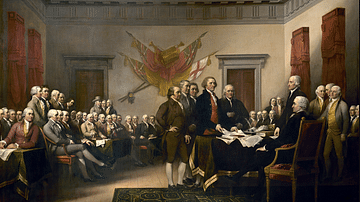
Definition
Social Contract
The social contract is an idea in philosophy that at some real or hypothetical point in the past, humans left the state of nature to join together and form societies by mutually agreeing which rights they would enjoy and how they would be...
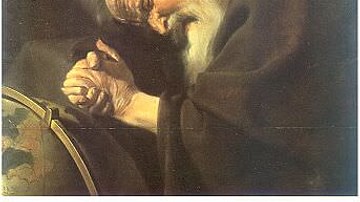
Definition
Heraclitus of Ephesus
Heraclitus of Ephesus (l. c. 500 BCE) was one of the early Pre-Socratic philosophers who, like the others, sought to identify the First Cause for the creation of the world. He rejected earlier theories such as air and water and claimed that...

Definition
Aspasia of Miletus
Aspasia of Miletus (l. c. 470-410/400 BCE) is best known as the consort of the great Athenian statesman Pericles. Her life story has always been given in the shadow of Pericles' fame, but she was a woman of great eloquence and intelligence...